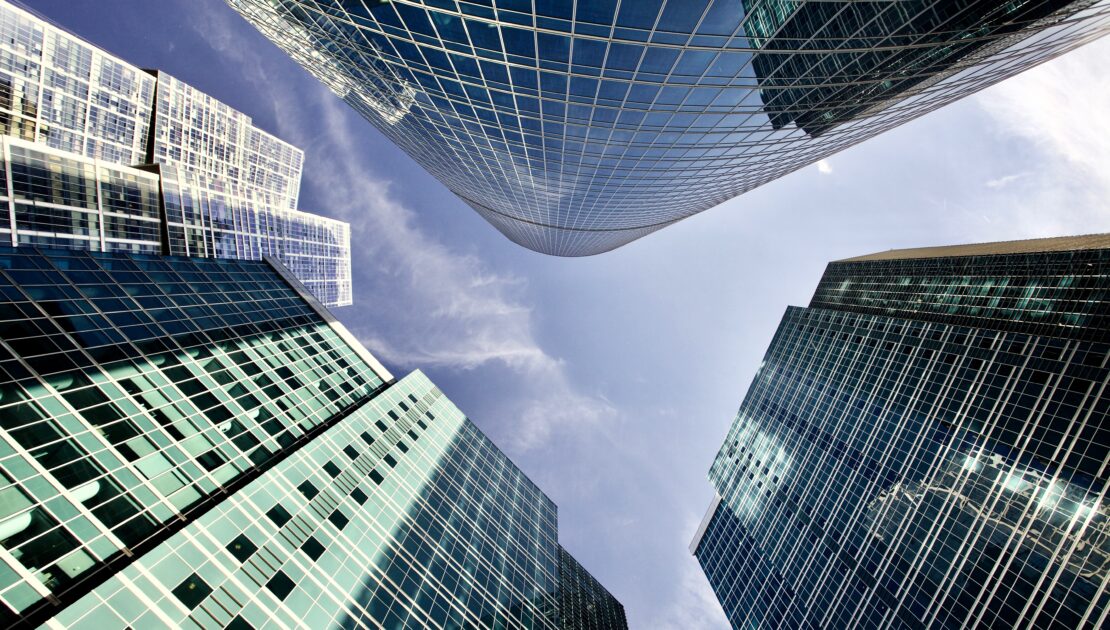How to Protect Your Tenants from Air Pollution

When we think of air pollution, it’s easy to fixate on the contaminants that arise from factories or disastrous wildfires. And the general effects of climate change are contributing to ozone losses, making outdoor air pollution an increasingly worrisome issue.
But actually, it’s not just outdoor air pollution we need to worry about. In many homes, apartment buildings, and office buildings, indoor air quality is a major problem as well, and one that landlords and property managers should be responsible for addressing.
In fact, as a landlord or building manager, it’s better that you get ahead of air quality issues before they arise so your tenants don’t come after you for damages or attempt to break their leases because of air pollution.
Here are a few steps you can take to eliminate air pollutants in your property and put your tenants’ health first.
Make sure your HVAC system is ventilating properly
Poor ventilation by your heating and cooling system can create indoor pollution that’s hazardous to your tenants. To avoid that, be sure to invest in high-quality filters for your HVAC system that can eliminate fine particles that may be dangerous, and replace those filters often. At the same time, make sure your HVAC system can handle your current capacity. You may need to upgrade your system if your tenant load increases to ensure your air quality is solid.
Control moisture inside your building
Excess moisture in your building can cause unsightly water stains, making your property less appealing to tenants. But more than that, it can lead to the buildup of mold, which is extremely unhealthy for tenants to breathe and can contribute to poor air quality.
To prevent mold, examine your pipes for leaks and repair any you spot immediately. Also, make sure all units have proper ventilation, focusing on areas like bathrooms where moisture tends to build.
Enforce strict rules about smoking
Excessive cigarette smoke and indoor air pollution go hand in hand. The best way to mitigate this issue is to limit places your tenants can smoke, and make those rules abundantly clear. For the most part, your best bet is to ban smoking indoors and limit outdoor cigarette usage to designated areas where residual smoke is less likely to enter your building or sneak into its HVAC system.
Regularly test the air quality in your building
As a landlord or property manager, you probably have no way of knowing whether your building’s air pollution levels are acceptable or not. That’s why it pays to call in the professionals once a year to check for indoor air pollution and ensure your interior conforms to air quality standards.
Remember, just because your building’s air quality checks out one year doesn’t mean the same will hold true the next. HVAC systems can degrade over time while property updates and repairs can introduce chemicals into your building’s air, so an annual inspection is really a must.
The bottom line
Indoor air pollution can be detrimental to human health, causing serious issues like heart disease, asthma attacks, respiratory disease, advanced lung disease, or lung cancer. Limiting tenants’ exposure to air pollution and maintaining high air quality standards is something every landlord should undertake.
If you have any reason to believe there’s polluted air in your building, address the problem — before your tenants start to suffer. The last thing you want is a lawsuit on your hands because your air pollution levels are unacceptable and you never took steps to get ahead of that.
